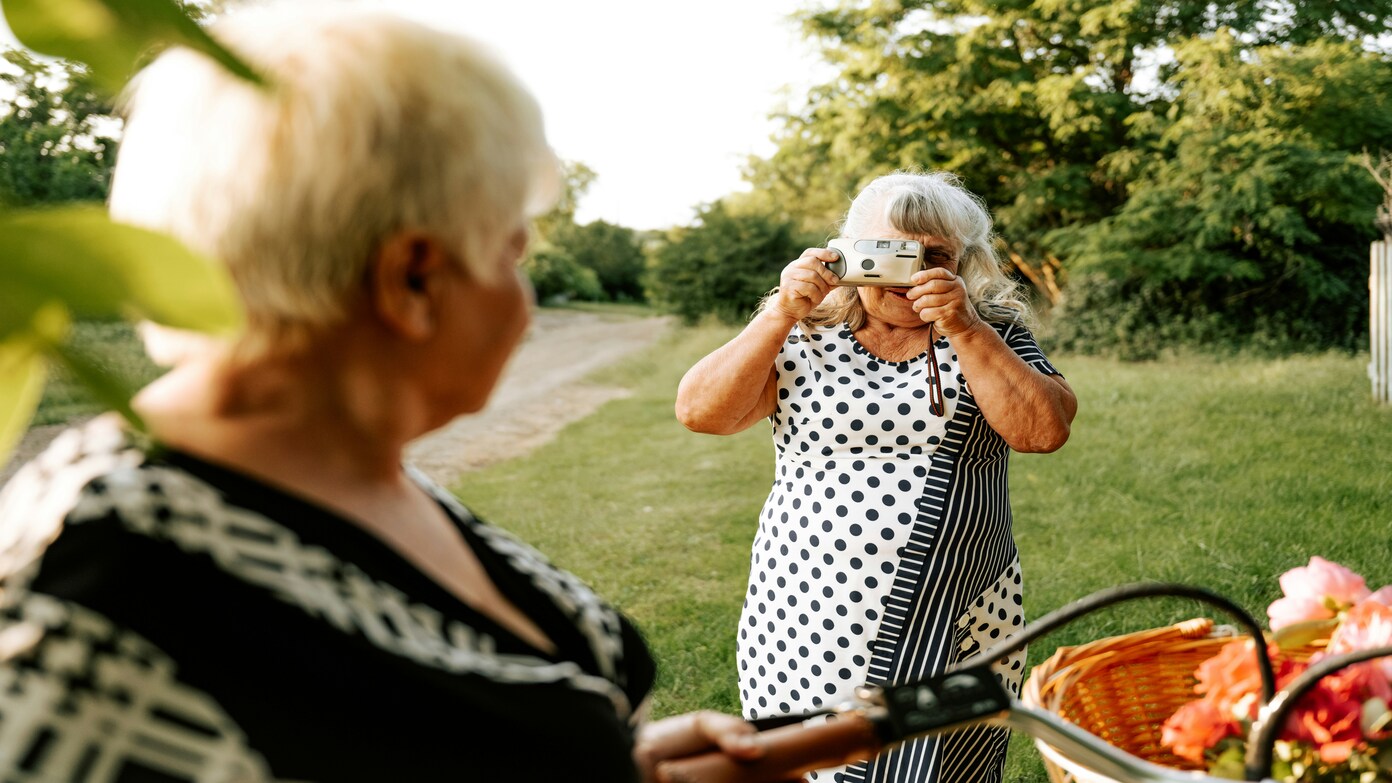The not-so-pretty “family” rule makeover
The Social Security Administration (SSA) is preparing to tweak its Supplemental Security Income (SSI) rules—and this update could get ugly. A little-known change, spearheaded under the Trump administration, would adjust how help from family and friends is treated when calculating SSI benefits.
Right now, if you’re an SSI recipient and your loved ones give you a roof over your head or help with groceries, your benefits may already take a small hit. But under this new plan? That haircut could turn into a buzz cut. Seniors and disabled Americans could see up to $300 per month slashed from their cheques—or lose SSI eligibility altogether.
Who’s in the crosshairs?
According to the Center on Budget and Policy Priorities, around 400,000 people would feel the pinch. The change would target people living with family or friends—even if everyone in the household is scraping by.
Here’s the kicker: households receiving food stamps (a.k.a. SNAP benefits) currently count as “public assistance households,” which shields SSI recipients from benefit cuts. But the new rule would toss that protection out the window. Translation: even if your family is poor enough to qualify for SNAP, Social Security could still assume they’re footing your bills—and dock your SSI accordingly.
The math behind the mess
- Maximum SSI benefit (2025): $967/month for individuals, $1,450/month for couples
- Typical reduction if living with others: up to one-third, or about $300/month
- People potentially affected: ~275,000 could see reduced checks, 100,000 more could lose eligibility
And this comes at a time when seniors and disabled individuals are already facing high living costs. For households living on $17,000 a year or less, every penny counts—and this rule could take quite a few pennies away.
Why change a rule that works?
The SSA previously updated its policies to recognise that if a household receives SNAP benefits, it’s probably struggling financially. That’s why SSI recipients in those homes were shielded from “in-kind support and maintenance” penalties.
Read this later; A Walmart employee revealed the sign his manager put up to prevent anyone from quitting: “This is how we got here”
Simply magic: Krispy Kreme reveals Harry Potter inspired collection
The proposed reversal scraps that logic. It assumes that just because someone lets you live in their spare bedroom or share their dinner table, they’re secretly rolling in cash—and therefore Social Security can reduce your check. Spoiler: most families helping SSI recipients are barely making ends meet themselves.
Ripple effects: fewer helping hands, more institutional care
This change doesn’t just threaten wallets—it threatens relationships. Families might hesitate to house or feed elderly or disabled relatives if doing so risks cutting benefits. Instead of fostering independence in the community, the rule could unintentionally push more people into costly institutional care.
In other words, what’s framed as a cost-saving measure could end up costing taxpayers more in the long run—while making life harder for some of America’s most vulnerable.
SSI vs. SSDI: A quick refresher
- SSI is for seniors and disabled individuals with very limited income and resources. It’s need-based, not tied to work history.
- SSDI (Social Security Disability Insurance) is for people who have worked and paid into Social Security.
- Some people qualify for both—but SSI is often a lifeline for those who never earned enough to get by on SSDI alone.
A $300 headache
If this rule moves forward, SSI recipients living with generous (but broke) loved ones could be penalized for something as simple as accepting a home-cooked meal or sharing a rent-free bedroom.
The Trump-era change is billed as a “fairness update,” but critics argue it’s more like charging people for having a family that cares about them. Unless Congress or the SSA reverses course, nearly 400,000 seniors and disabled Americans may be forced to make a painful choice: lose benefits—or lose the support of loved ones.
Because nothing says “family values” like taking $300 out of Grandma’s check for letting her sleep in your spare room.

